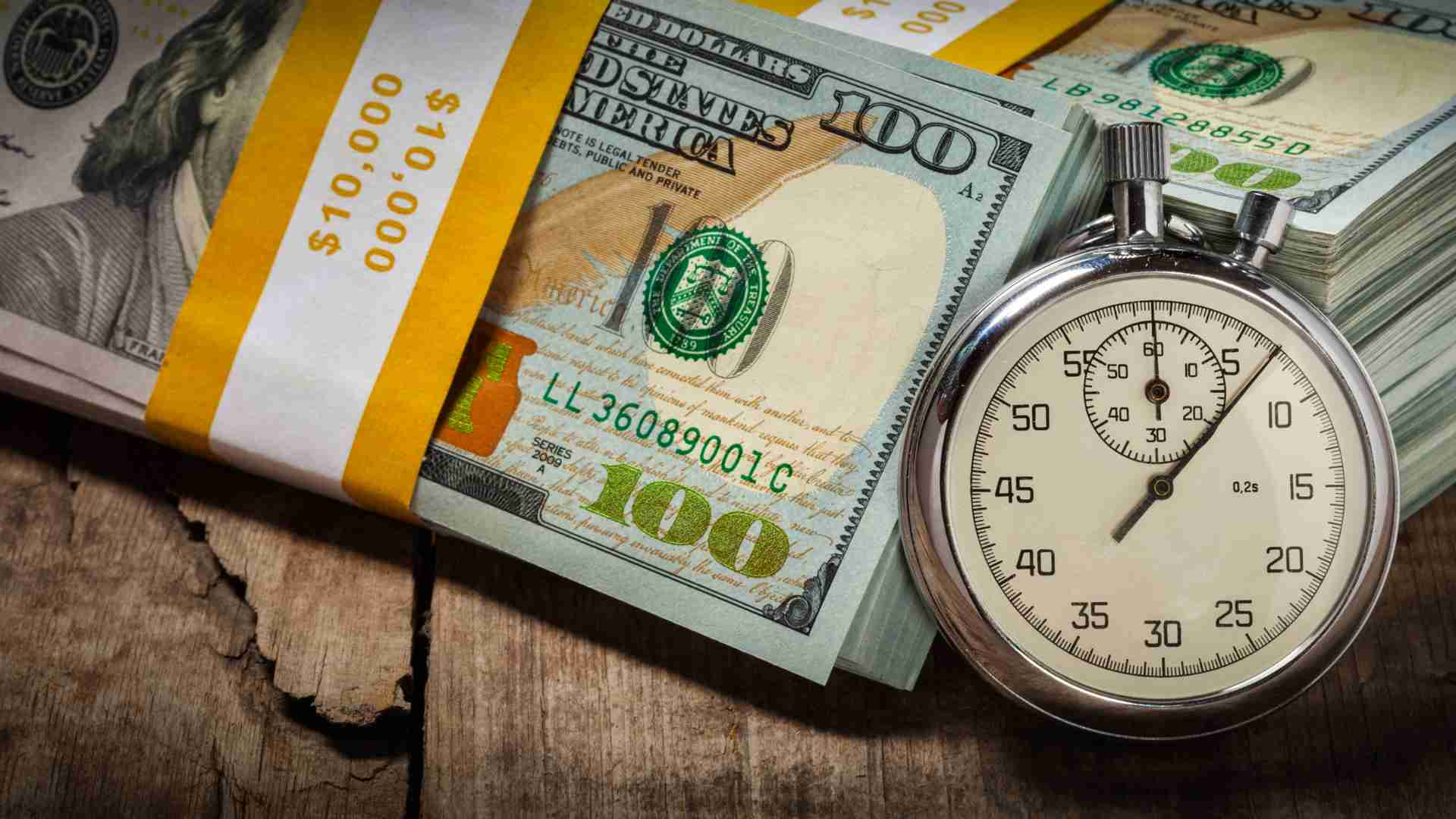American workers who have a disability that prevents them from working for more than one year may qualify for disability benefits. SSDI and SSI are the most important disability benefit payments in the United States. These programs are designed to provide financial assistance to individuals who are unable to earn a sufficient income due to their disabilities.
February 1 is the payday for Supplemental Security Income (SSI) beneficiaries. Therefore, all Americans who qualified for SSI will receive their payment. Of course, you will get it as long as you still remain eligible. This financial support is crucial for covering daily living expenses and ensuring a basic quality of life for those affected by long-term disabilities.
Those SSI beneficiaries who have more earnings or resources because of a marriage or a new job may lose these disability benefits. This is because SSI is a needs-based program, and any increase in financial resources can affect eligibility. On the contrary, SSDI beneficiaries do not qualify for having a low income. Instead, SSDI eligibility is based on disability status and work credits, making it available regardless of other income or marital status. This distinction highlights the importance of understanding the specific criteria and conditions associated with each type of benefit.
SSDI – NEW PAYDAY FOR FEBRUARY
Even if your SSDI check was supposed to be due on February 3, the Social Security Administration has rescheduled it. For that reason, your payment will arrive in advance.

Social Security has announced the next Social Security Disability Insurance payment for February 2, 2024. The only reason to send the money in advance is the fact that SSA only arranges paydays for business days.
SSDI will be sent to those beneficiaries who have been receiving benefits before May 1997. If you started collecting payments after or in May 1997, your paydays could be on February 14, 21, or 28.
These paydays will be for those SSDI beneficiaries who also meet the birth date requirement. Going back to the February 2 payment, it could also be yours if you are also on SSI at the same time. So, it is not just for those who are on benefits before May 1997.
WHO CAN RECEIVE $1,415 OR $3,822?
To get $1,415 you must be eligible for the largest SSI (Supplemental Security Income) payment and be a married couple. Do not forget that if one of the two spouses is not eligible, you will not qualify.
If you are on SSI and you are single, the largest benefit you could get is $943. It is about 29 dollars extra if compared to the maximum amount in the previous year.
Very few SSDI recipients qualify for the largest benefit worth $3.822. This is because they have not been able to work for a minimum of 35 years. That is the number of years Social Security uses to work out the final amount.
Another thing that reduces SSDI checks is the fact that beneficiaries file earlier than for retirement benefits. The amount of your salary also affects future amounts. For your information, the average check is worth about $1,537.




